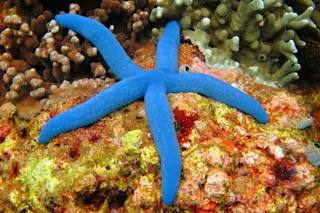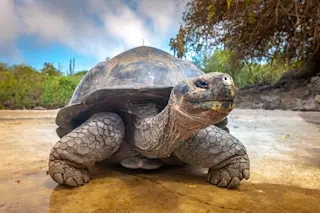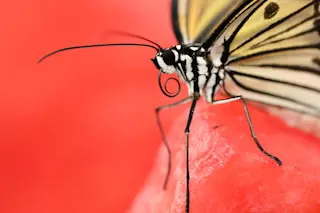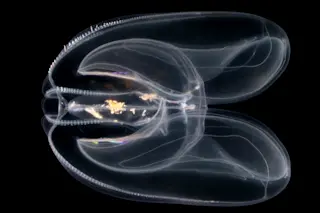I'm always learning something from the readers of the Loom. Yesterday, I wrote about how scientists had inserted their names into a synthetic genome, and how such signatures would erode away like graffiti inside real organisms. But how about the opposite case--what if evolution has produced sequences of DNA that happen to form words? In the comment thread, Peter Ellis asked,
What actually is the longest word (in any language) encoded by the reference human genome? If I had the time and computer power I'd have a look... Guesstimate - it'll be somewhere in the 4-5 letter range, depending on letter frequency in the target language.
Bear in mind the rules of this game...the letters are the amino acids specified by codons (three bases of DNA). There are 20 amino acids in most living things, so you can't spell every word--or you can use alternatives, like using V for U. ...













